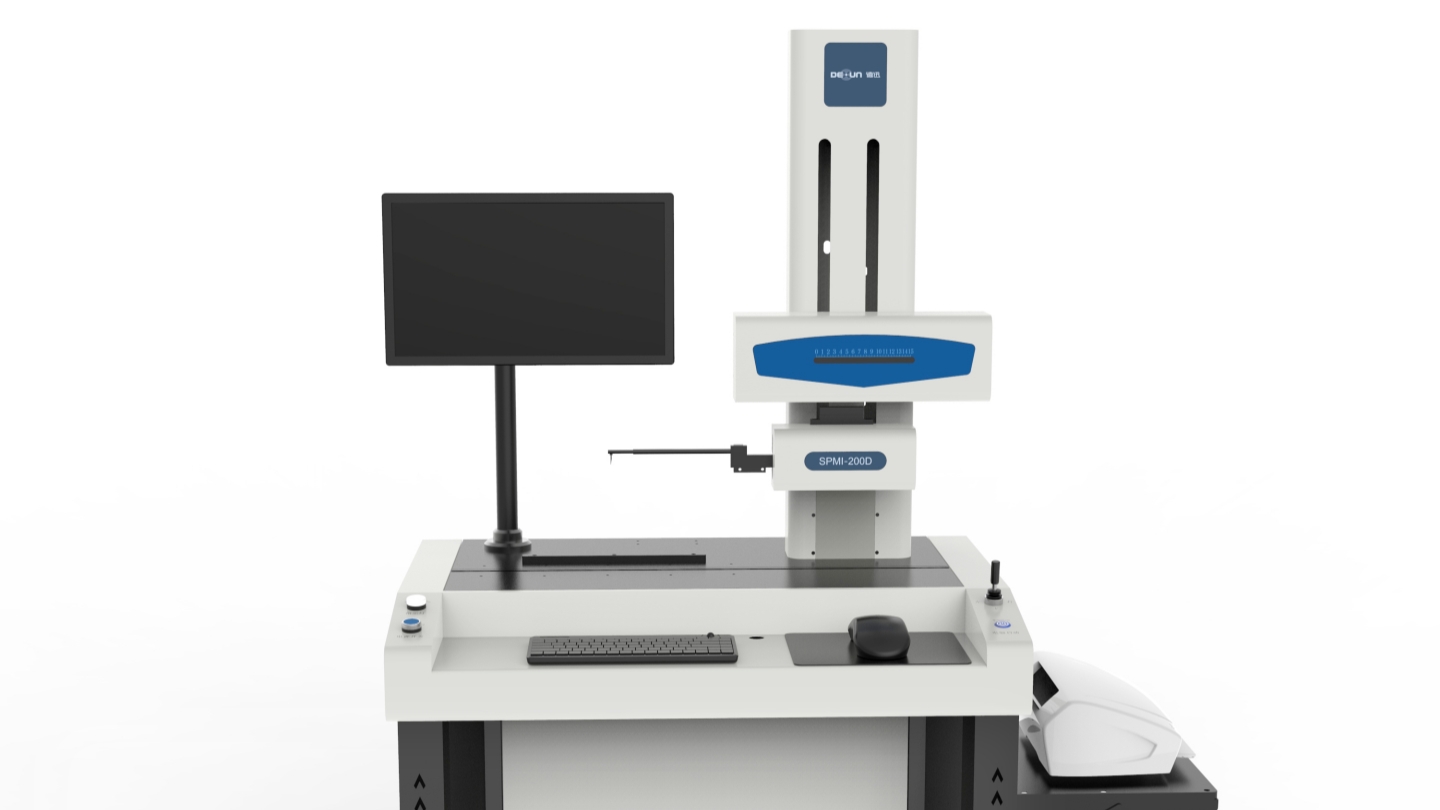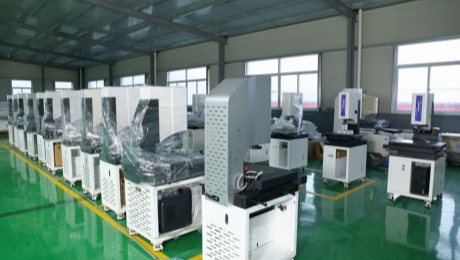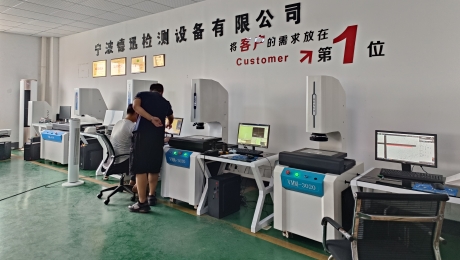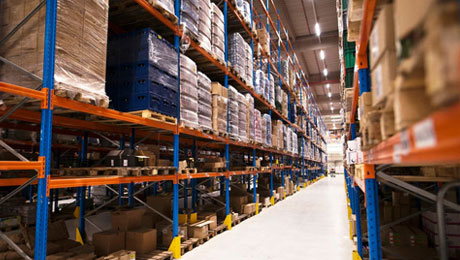Roughness Profilometer
-
Brand:DEXUNMin. Order:1Set/SetsModel No:RM100Transportation:Ocean,ExpressPackaging:Wooden case bindingSupply Ability:100 units a monthPlace of Origin:ZhejiangProductivity:100 units a monthRoughness meter is also called surface roughness meter, surface finish meter, surface roughness tester, roughness meter, roughness tester, etc. It has the characteristics of high measurement accuracy, wide measurement range, simple operation, easy...
-
Surface roughness measuring instrument
Brand:DEXUNMin. Order:1Set/SetsModel No:RM100Transportation:Ocean,ExpressPackaging:Wooden case bindingSupply Ability:100 units a monthPlace of Origin:ZhejiangProductivity:100 units a monthRoughness meter is also called surface roughness meter, surface finish meter, surface roughness tester, roughness meter, roughness tester, etc. It has the characteristics of high measurement accuracy, wide measurement range, simple operation, easy...
Roughness Profilometer, also known as surface roughness meter, surface smoothness meter, Surface Roughness Tester, roughness measurement meter, Roughness Tester, and other names. It has the characteristics of high measurement accuracy, wide measurement range, easy operation, portability, and stable operation. It can be widely used for the detection of various metal and non-metal processing surfaces. This instrument is a pocket instrument that integrates sensors and hosts, with handheld characteristics, making it more suitable for use in production sites. The exterior design is sturdy and durable, with significant resistance to electromagnetic interference, in line with current design trends.
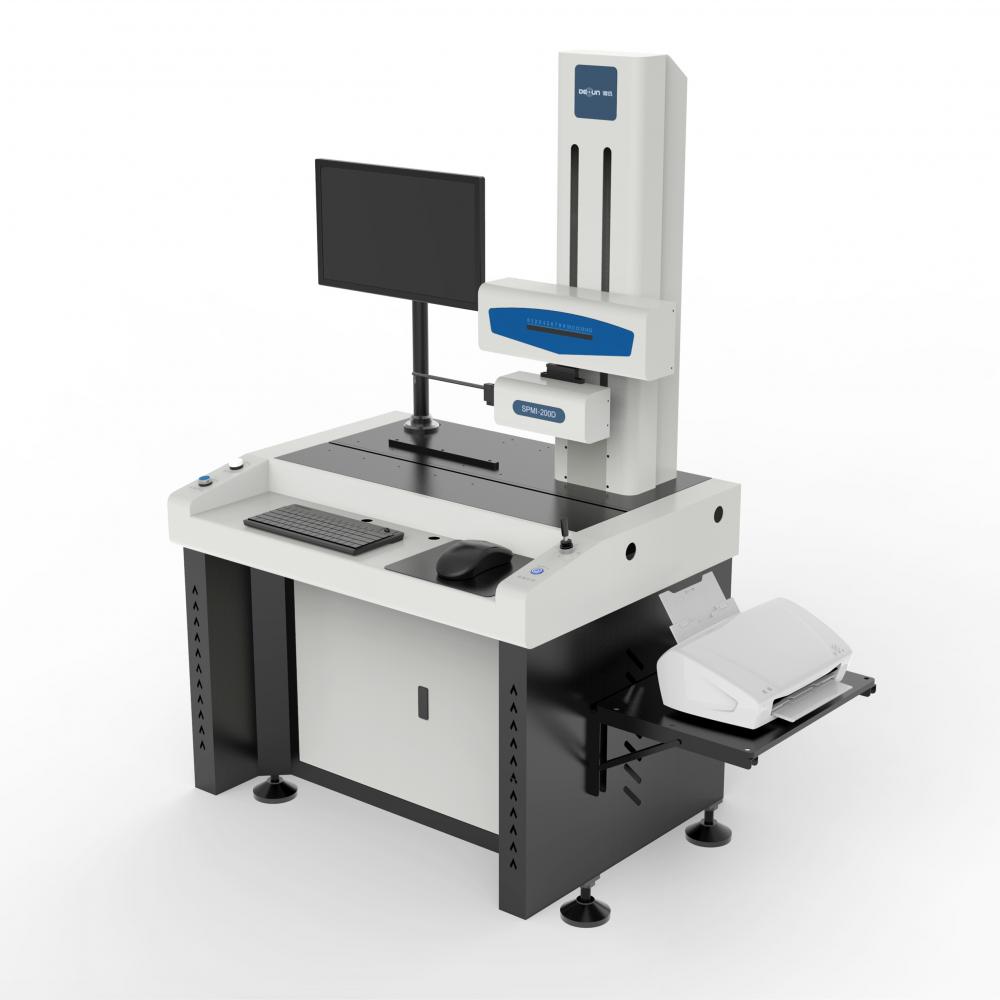
The application fields of roughness meters include:
1. Mechanical processing and manufacturing industry, mainly metal processing and manufacturing. Roughness meters were originally developed to detect the surface roughness of machined parts. Especially, stylus type roughness measuring instruments are more suitable for detecting hard metal surfaces. For example, the automotive parts processing and manufacturing industry, the mechanical parts processing and manufacturing industry, and so on. As long as these processing and manufacturing industries involve the surface quality of workpieces, the detection application of roughness meters is essential.
2. In the non-metallic processing and manufacturing industry, with the progress and development of technology, more and more new materials are applied to processing processes, such as ceramics, plastics, polyethylene, etc. Some bearings are now made of special ceramic materials, and pump valves are made of polyethylene materials. These materials have a hard texture, and some applications can replace metal materials to make workpieces. During production and processing, their surface roughness also needs to be tested.
3. With the continuous strengthening and improvement of the technology and functions of roughness meters, as well as their in-depth promotion and application, more and more industries have been found to require roughness detection. In addition to mechanical processing and manufacturing, roughness evaluation is also required in the production and processing of power, communication, electronics, such as couplings on switches, integrated circuit semiconductors, and even stationery, tableware, and other products used in people's daily lives The surface roughness of human teeth needs to be tested.
2. Can automatically detect duplicate measurements for single product batch testing
3. The material of the measuring needle is made of high hardness alloy imported material, which is wear-resistant and durable
4. The software system is jointly developed by university professors and senior professors from the Axis Research Institute, with independent intellectual property rights and source code that can be upgraded for free for life
-
measuring range
-
X-direction driver130mm
-
Z1 Profile measurement range20mm
-
Z1 Roughness range±1500μm
